In one of the first Supreme Court rulings ever to address the scope of Presidential Immunity provided in the U.S. Constitution, the Court ruled that all past and future former Presidents have broad immunity protection from prosecution regarding official acts.
The decision significantly pushed back the timeline of a potential trial for former President Donald Trump, as the Supreme Court returned the case to a lower court. It is doubtful that the case can be tried and a verdict can be entered before the presidential election in November.
Guidance for Lower Courts

The decision did not rule on the particularities of former President Donald Trump’s immunity privileges but instead returned the case to the lower courts to be considered in light of the new guidance provided by the Supreme Court regarding the scope of Presidential Immunity claims.
Scope of Immunity

While the ruling touched on the conditions under which former Presidents are immune from prosecution, the lower courts will be tasked to rule on a criminal case in which Trump is charged with obstruction of justice and attempting to overturn the results of a valid election in which President Joe Biden was named the victor.
Supreme Court Decision
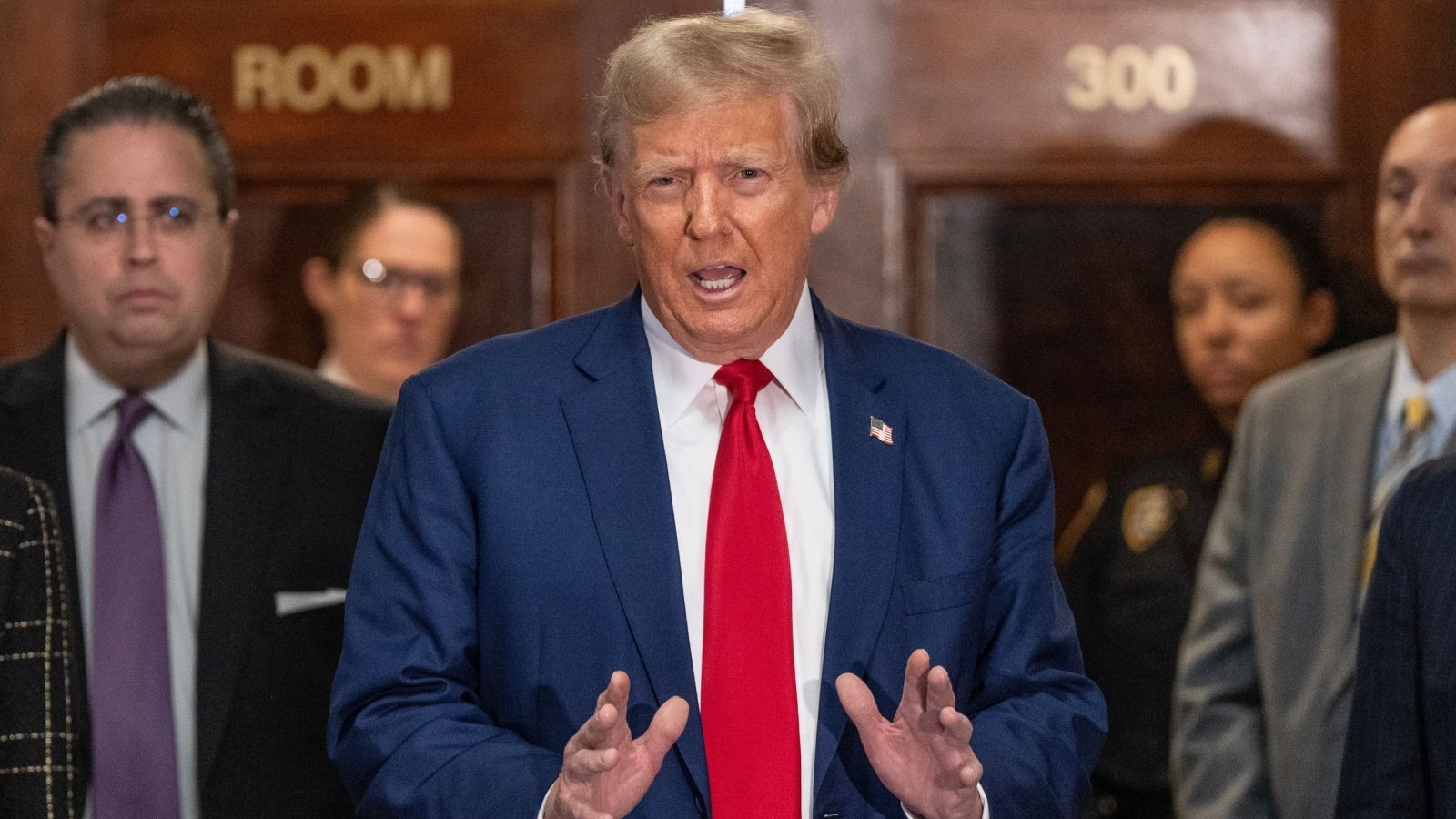
The Supreme Court ruled 6-3, with the conservative majority banding together, including the three Trump-appointed judges. Specifically, the ruling removes one tenet of the indictment, claiming that Trump is “absolutely immune” from being charged for conduct regarding discussions with the federal Department of Justice.
Additionally, the court ruling asserts that Trump is “at least presumptively immune” from any actions or pressures exerted on Vice President Mike Pence in trying to persuade Pence to reject certifying the election results declaring Joe Biden the victor. Prosecutors can push on this with the lower courts to cast the actions outside of covered official acts.
Allegations Involving Fake Electors

Regarding the charge that Trump was involved in trying to enlist fake electors to turn the election outcome in his favor, the Court directed a fact-finding analysis. The prosecutors claimed that alleged actions toward this end were unofficial, while the Trump defense team contended that alleged actions would fall within an official capacity.
In response, the Court stated that the Court needed additional information and that the trial court would have to parse the claims with further investigation and analysis.
Chief Justice John Roberts’s Opinion
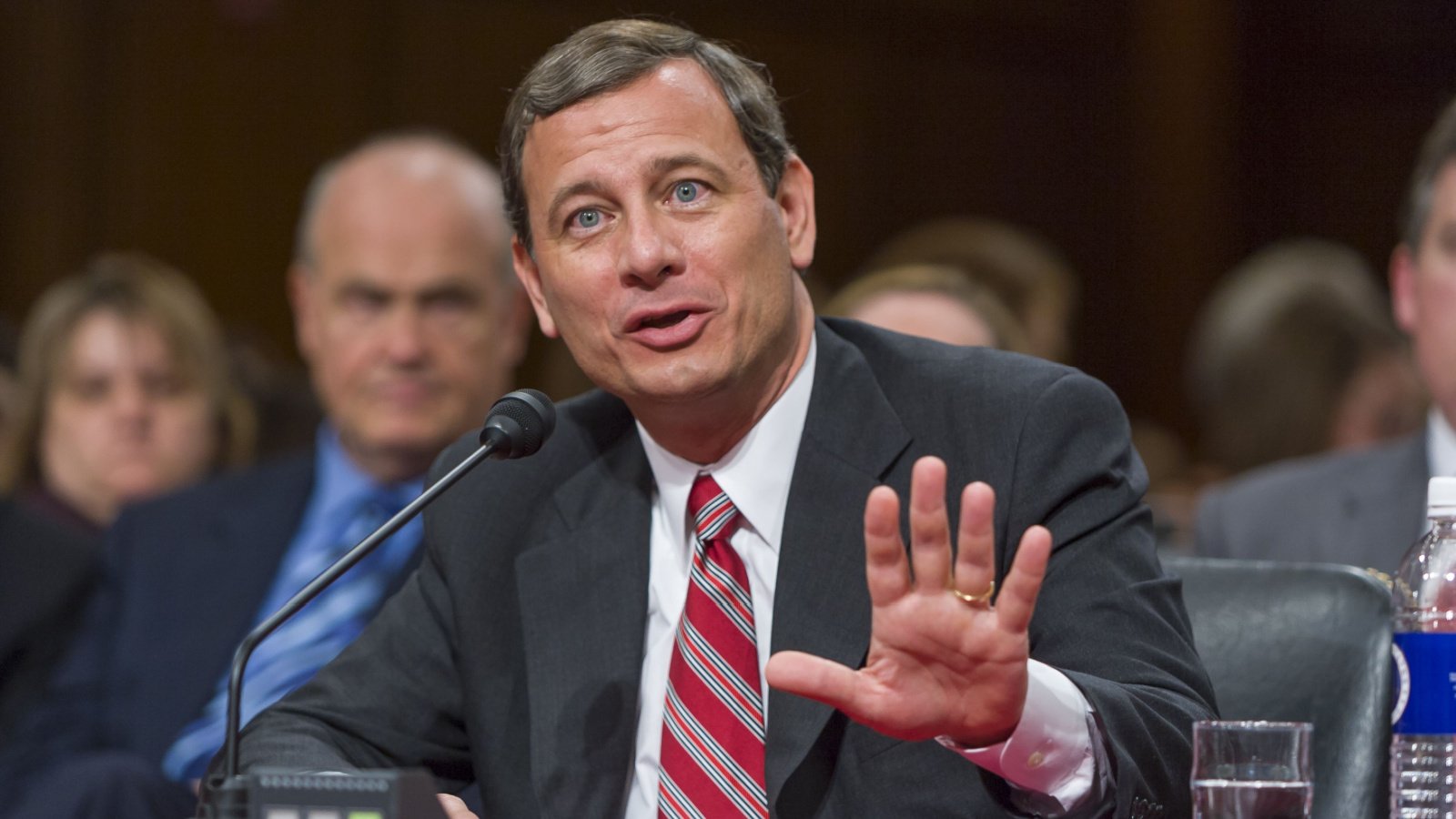
Another important outcome of the court case was that Chief Justice John Roberts’s opinion prohibits prosecutors from relying on evidence from official acts to prove that a president’s unofficial actions were against the law.
Return to Lower Court
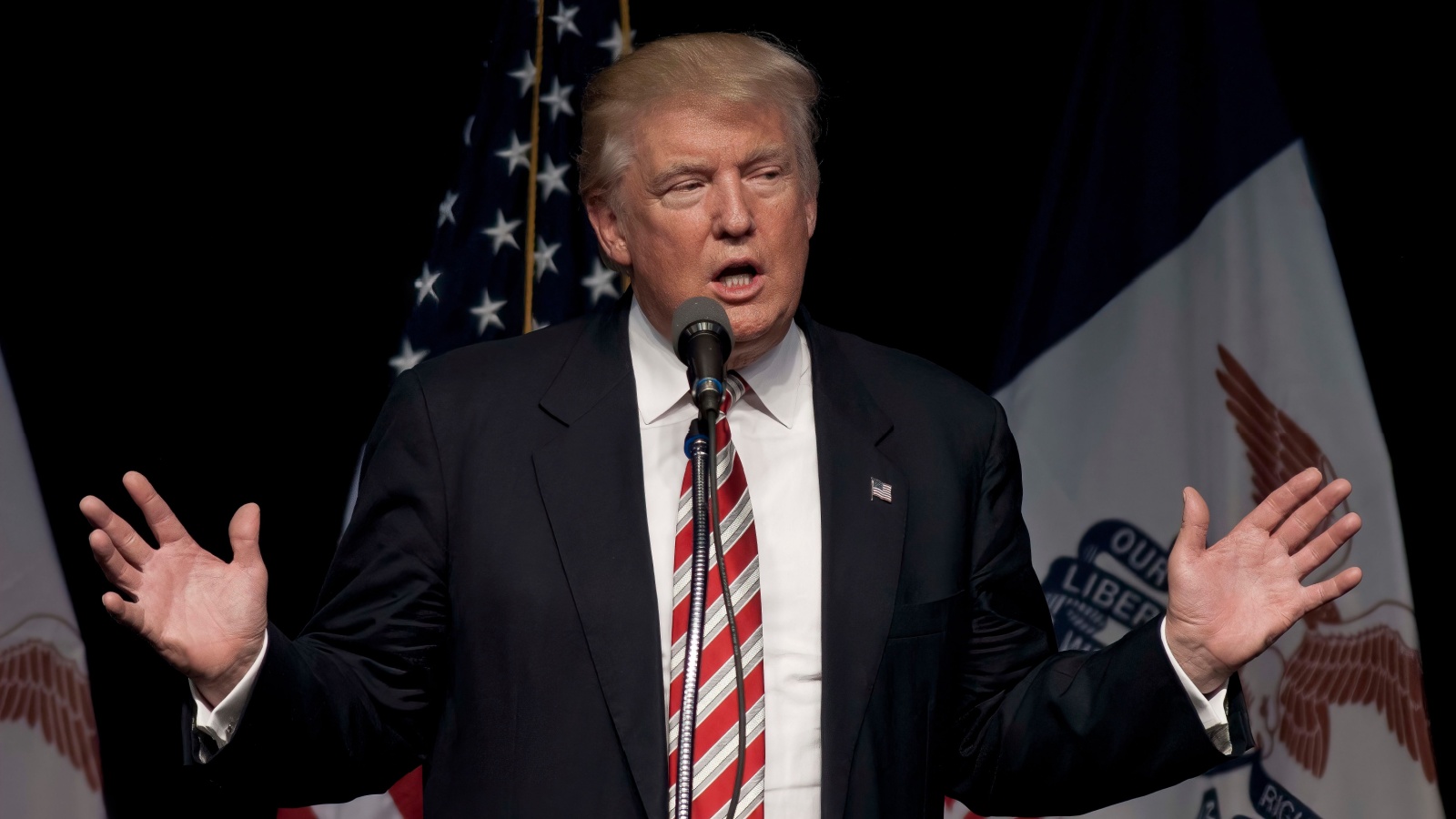
The trial will now return to the courtroom of U.S. District Judge Tanya Chutkan. Chutkan ruled against Trump’s immunity claim in December 2023, claiming that not even the President of the U.S. does not have a “Get-out-of-jail-free pass.” It is unlikely that Chutkan will rule on the case before the November election.
Reactions to the Ruling
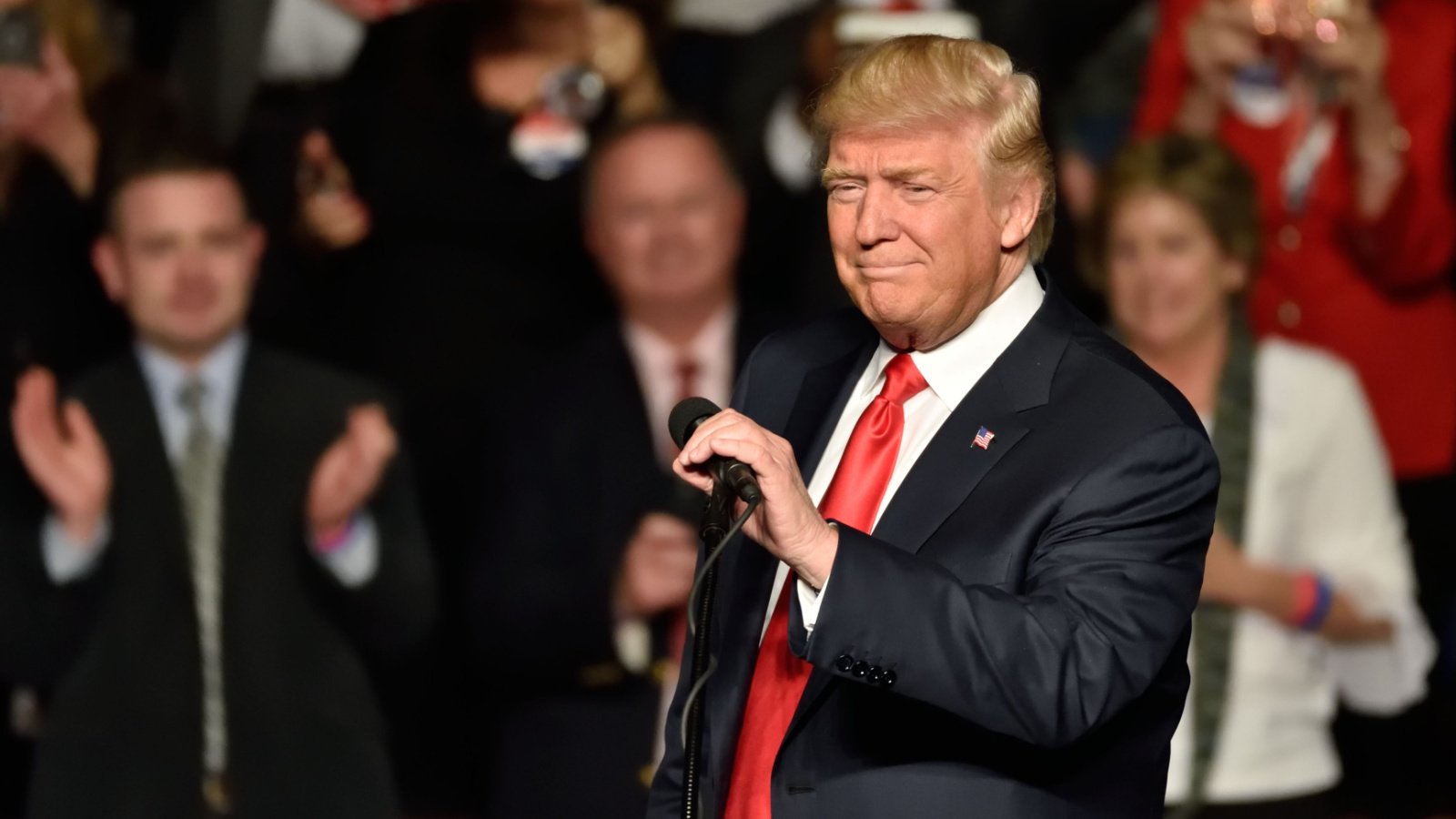
The Trump team celebrated the ruling. Trump called it a “Big Win” on X. He later posted on other social media platforms, “BIG WIN FOR OUR CONSTITUTION AND DEMOCRACY. PROUD TO BE AN AMERICAN!”
President Biden’s Response
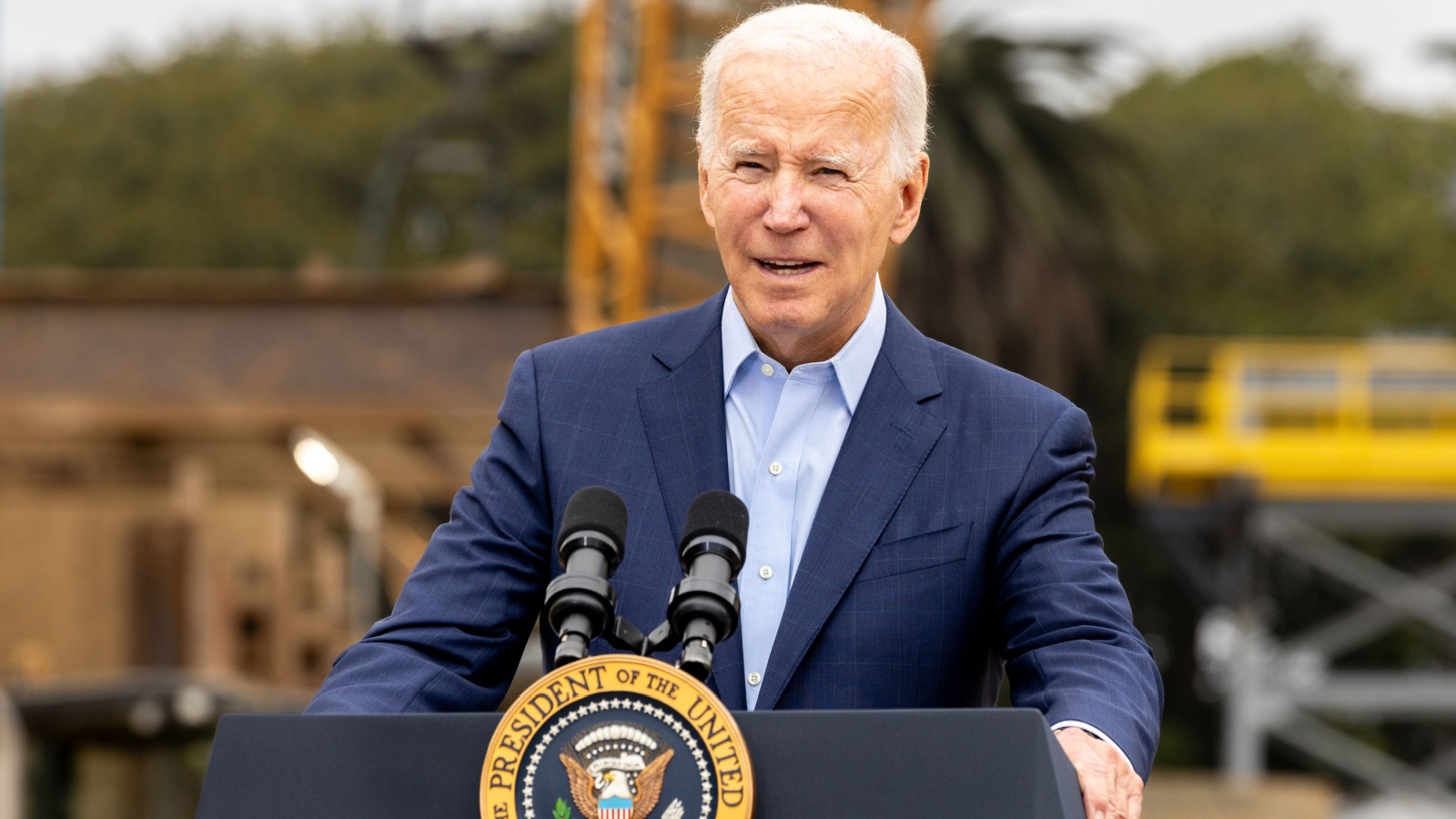
President Biden expressed concern that the decision “sets a dangerous precedent that undermines the rule of this nation.” He vowed to accept the court’s conclusion but resignedly said, ” For all practical purposes, today’s decision almost certainly means that there are virtually no limits on what a president can do.”
Criticism from Dissenting Judges
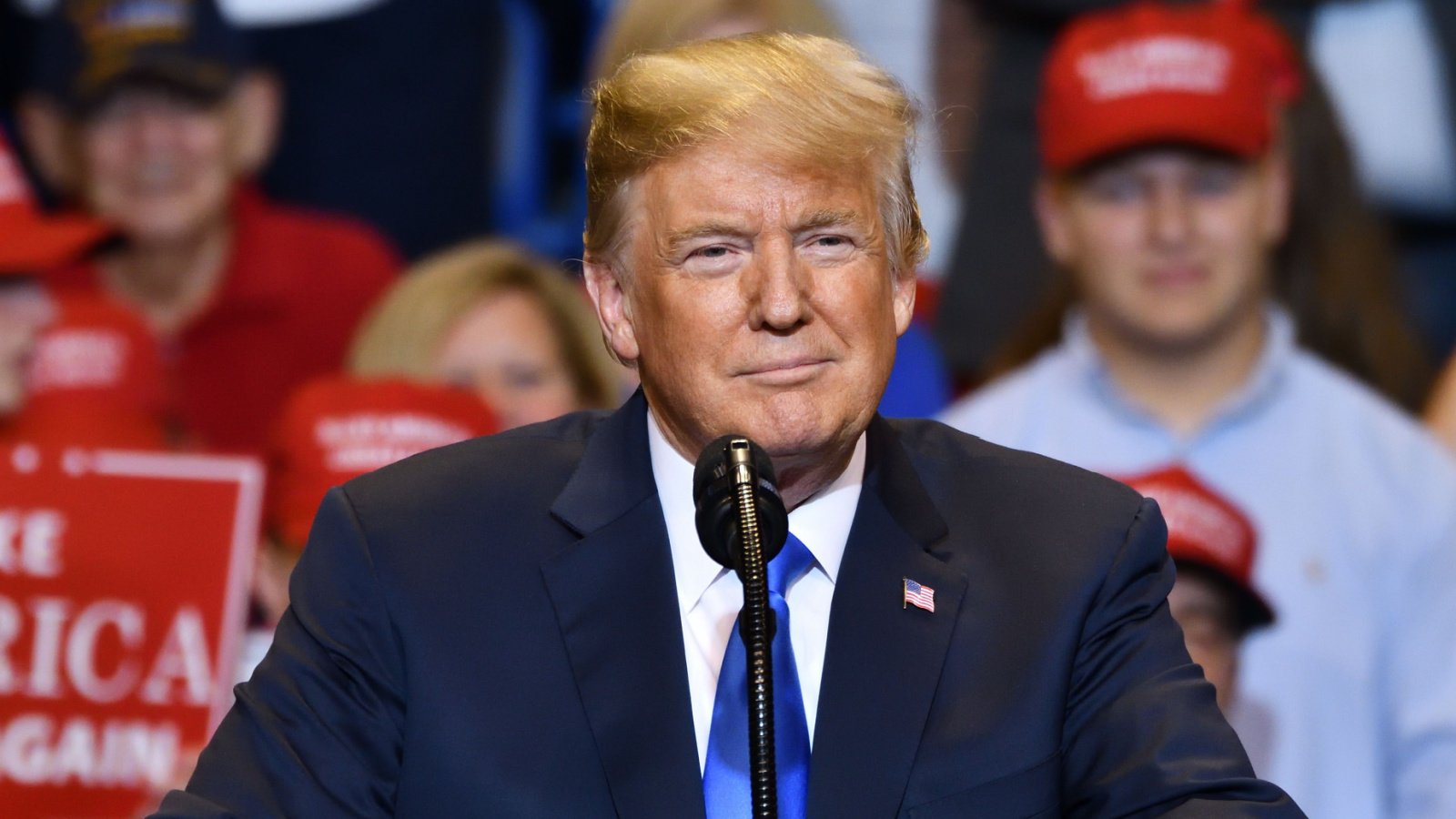
A top criticism from the three dissenting judges is that the American principle that all are equal under the law has come into question and instead sets up a scenario where the President is outside the law in unique, specific ways.
Justice Sonia Sotomayor’s Dissent
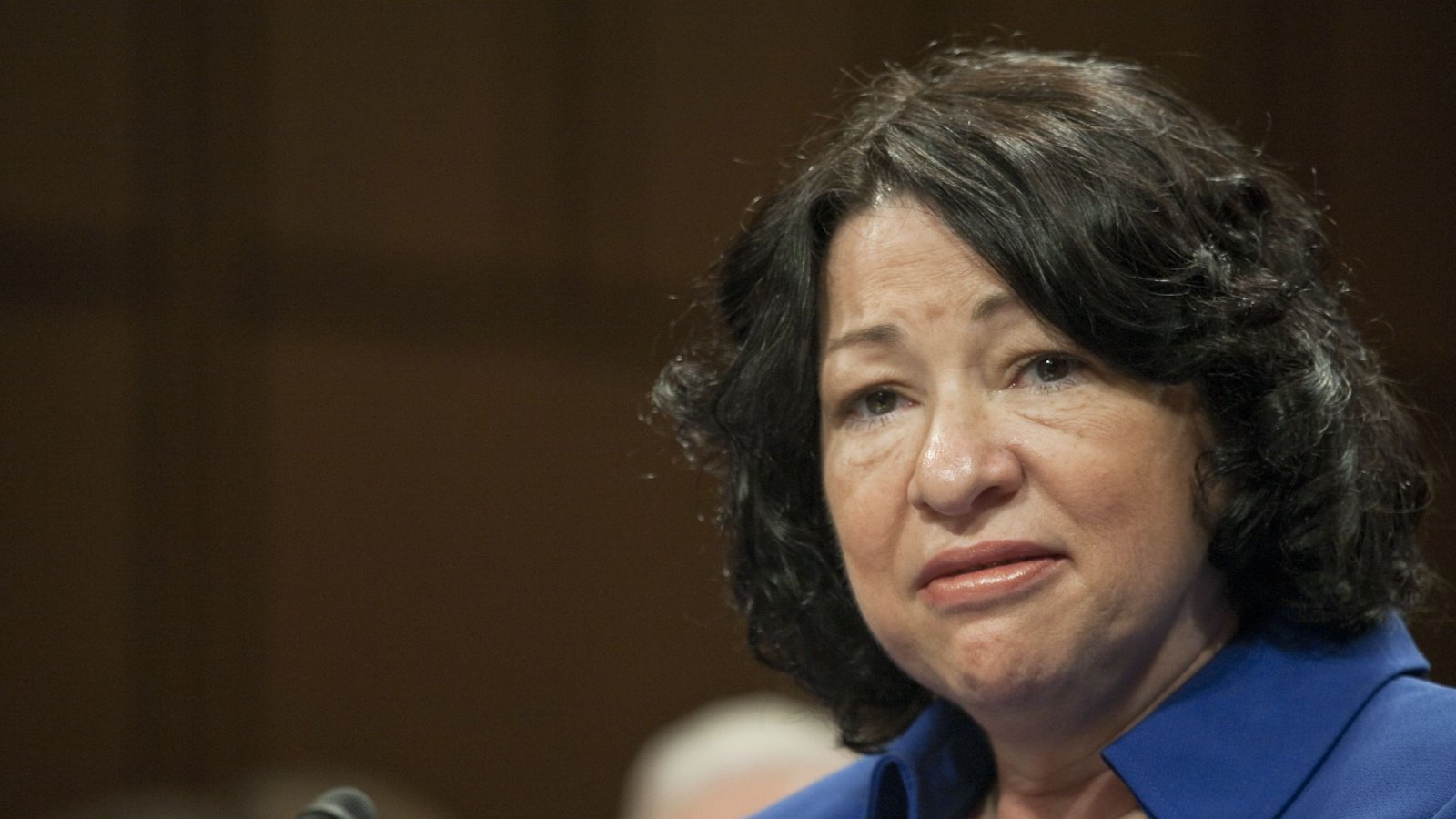
In her dissenting opinion, Justice Sonia Sotomayor declared, “In every use of official power, the President is now a king above the law.”
She said the ruling “makes a mockery of the principle, foundational to our Constitution and system of government, that no man is above the law.” Additionally, the dissenters find the scope of the protection astounding, saying it “is just as bad as it sounds, and it is baseless.”
Delay in Proceedings

In passing the case back to the lower courts to adjudicate, the Court’s inaction has supported Trump’s efforts to delay any more court proceedings before the election.
As much as the justices have sought to avoid deciding cases that could impact politics in one direction or another, specifically elections and specifically Presidential elections, in this case and several others in the past few years, many have come before them this session that would have been difficult, if not impossible to resolve without the Court’s rulings.
Recent Related Rulings
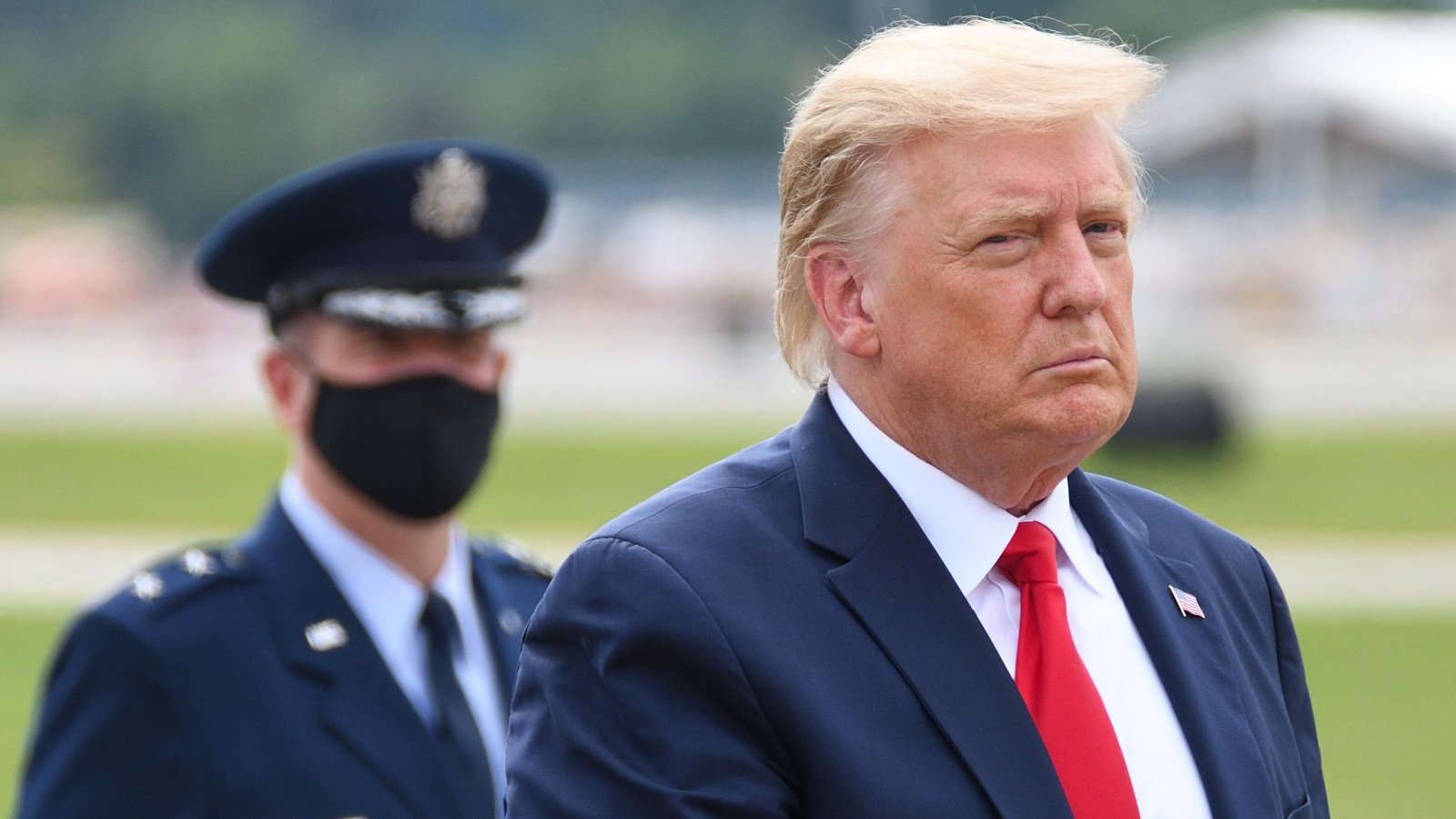
One such ruling earlier this year was a decision to reverse a Colorado state law barring Trump from appearing on the statewide ballot. Another court was handed down by the Court last week reducing the obstruction charges that could be applied to Trump and other January 6 protestors.
Ideological Divisions

The decisions have fallen mainly upon ideological fault lines of the conservatives and the liberals on the Court.
Chief Justice John Roberts penned the opinion for the Court, writing, “Under our constitutional structure of separated powers, the nature of presidential power entitles a former president to absolute immunity from criminal prosecution for actions within his conclusive and preclusive constitutional authority.
And he is entitled to at least presumptive immunity from prosecution for all his official acts. There is no immunity for unofficial acts.”

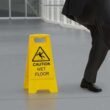


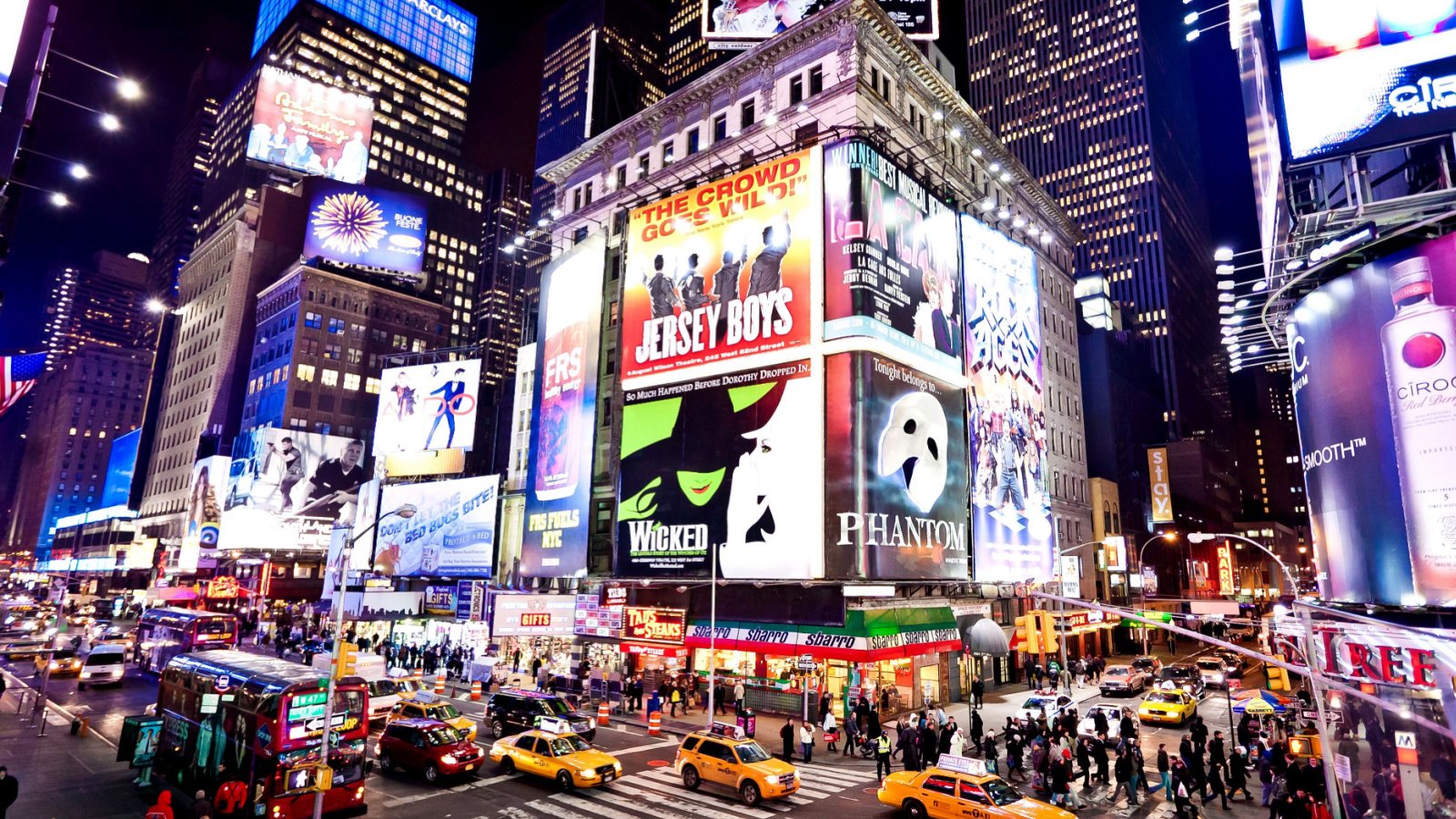
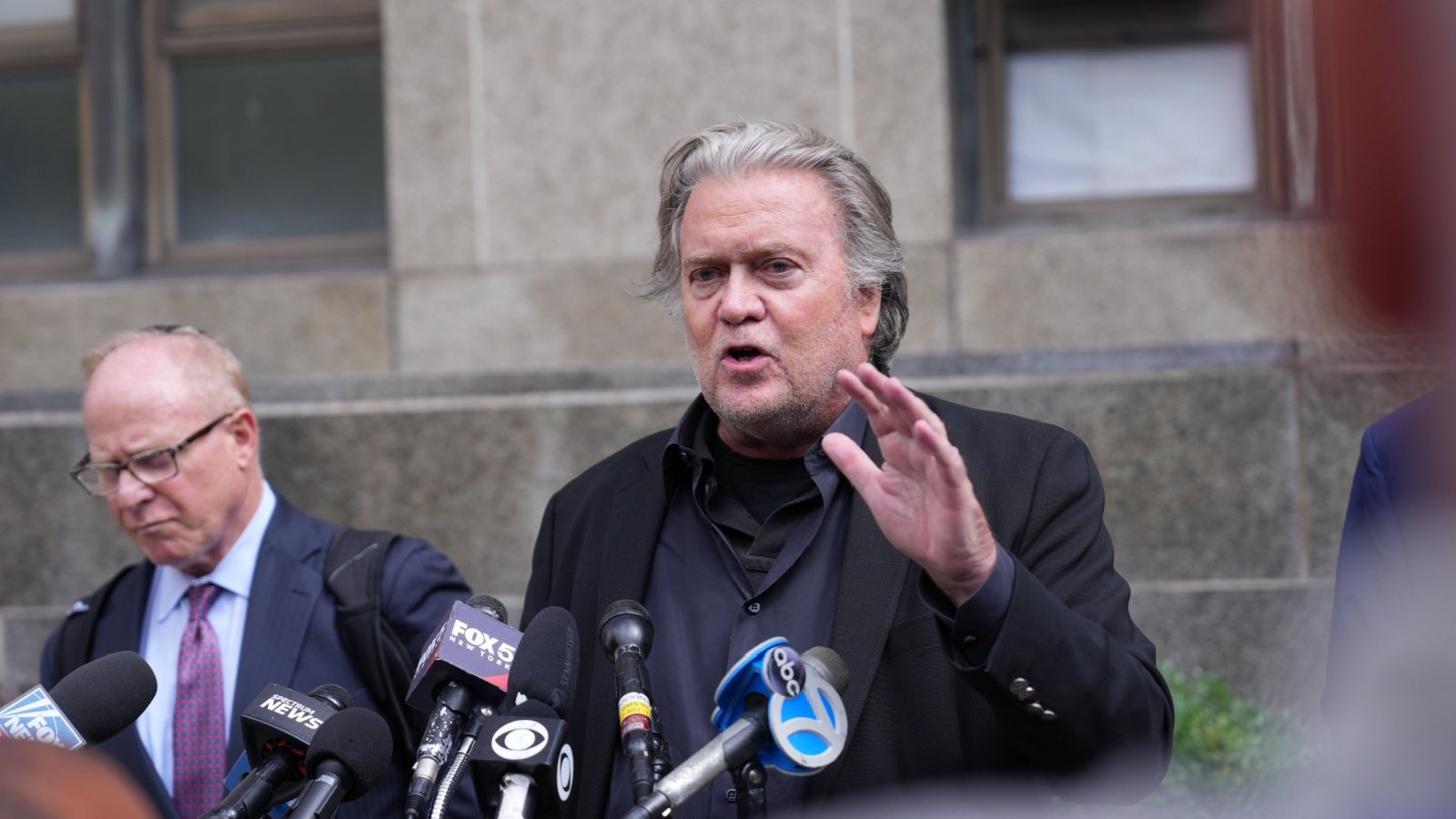


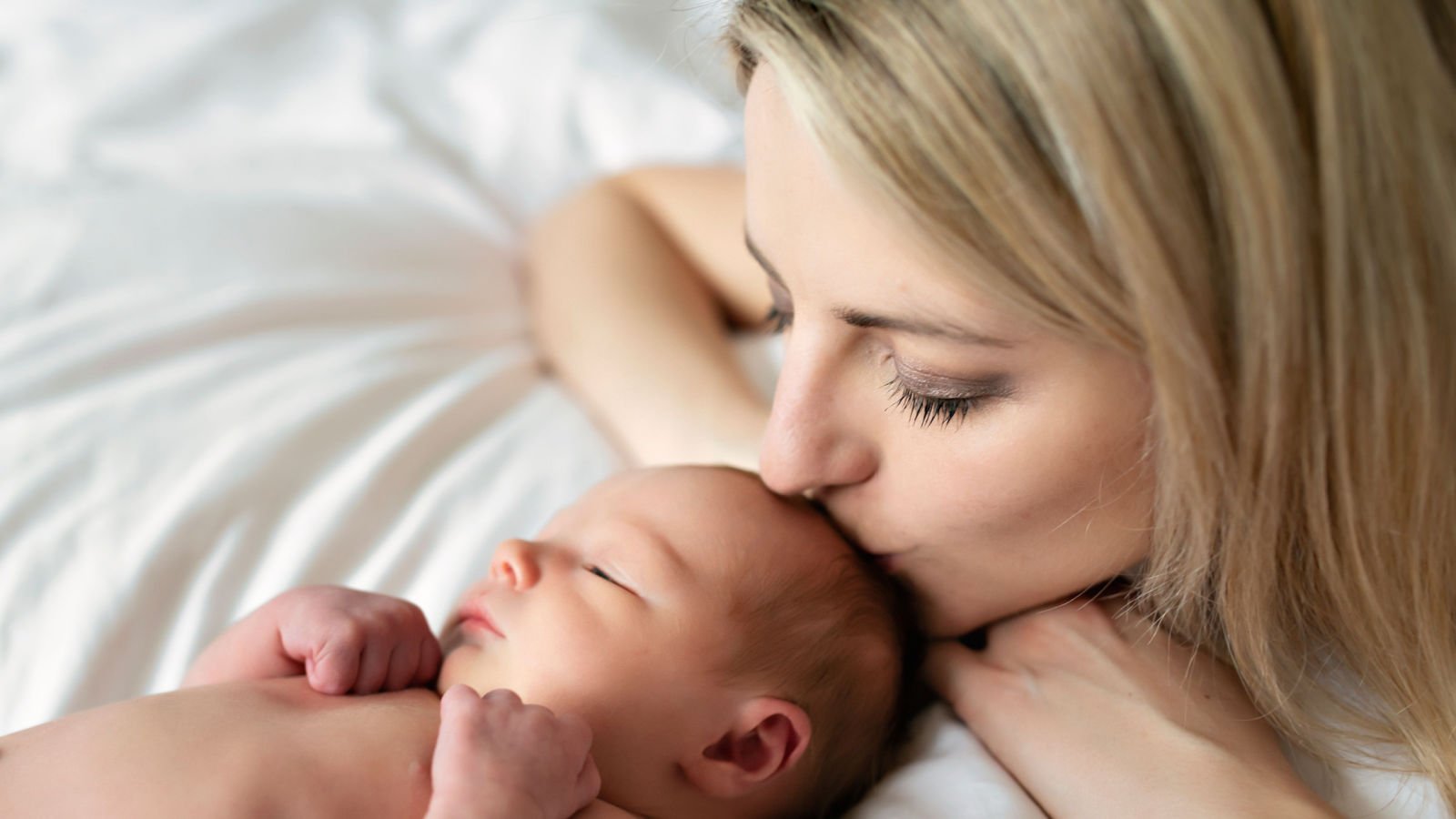
Cu ajutorul unuui antrenor personal, vei putea să îți optimizezi dieta pentru a menține
energia și rezistența ppe parcursul alergării montane.